Five Easy Ways To Promote Handwashing Habit In Children
Handwashing is one of the key defences not only against Novel Coronavirus but other infectious diseases as well. According to Centers for Disease Control and Prevention, one wash their hands with soap during these key times:Before, during, and after preparing food
Before eating food
Before and after caring for someone at home who is sick with vomiting or diarrhea
Before and after treating a cut or wound
After using the toilet
After changing diapers or cleaning up a child who has used the toilet
After blowing your nose, coughing, or sneezing
After touching an animal, animal feed, or animal waste
After handling pet food or pet treats
After touching garbage
Dr Shruti Tandan-Pardasani, Consultant Critical Care, Jaslok Hospital & Research Centre believes hand hygiene should be taught once a child starts to feed himself/herself. She said, 'Most childhood diseases ranging from respiratory to gastrointestinal illnesses are totally preventable by a thorough hand wash. It is the cheapest and easiest vaccination that we can give ourselves so why not start inculcating early in life.'
Here are five easy ways to inculcate handwashing habits among children and encourage them to follow it regularly.
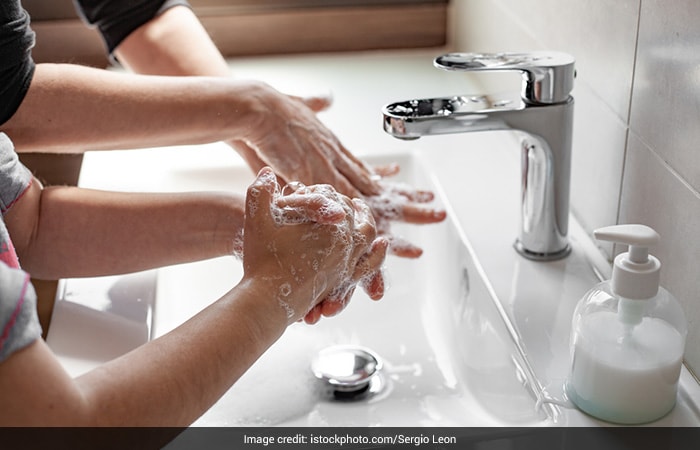
Educate With Live Demonstration
Young children need to be taught about handwashing and the concept of fighting germs in a fun way. For example, earlier in March, Amanda Lorenzo, an elementary teacher from Miami-Dade County Public School, Florida, United States, conducted an experiment with her school children to show how germs run away from the soap. For the experiment, Ms Lorenzo used pepper as germs, water and soap. Ms Lorenzo asked one of the kids to dip her finger into the ?virus' which is essentially a bowl of water filled with black pepper. The virus didn't move. Then Ms Lorenzo asked the student to dip the finger in soap water and then touch the virus. Within a second the virus moved away from the soap. The small experiment taught children about the need to wash hands with soap.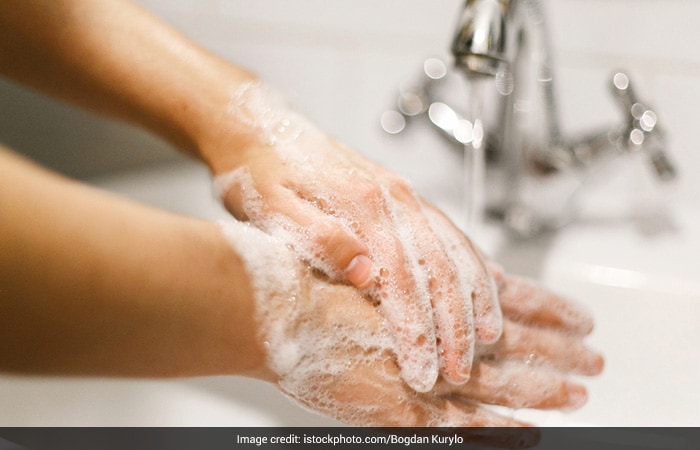
Sing A Song Or Recite A Rhyme
Arundati Muralidharan, Manager, Policy at WaterAid India is of the opinion that young children (2-6 years of age) don't necessarily understand that handwashing will protect them from germs. To promote handwashing with soap, the right technique and duration, we need to make the activity engaging and fun for them.
Washing hands for at least 20 seconds is as crucial as handwashing with soap. For the same, experts recommend singing a song or a rhyme. Parents and teachers can tell children that the process of washing hands will be complete only when the song is finished.
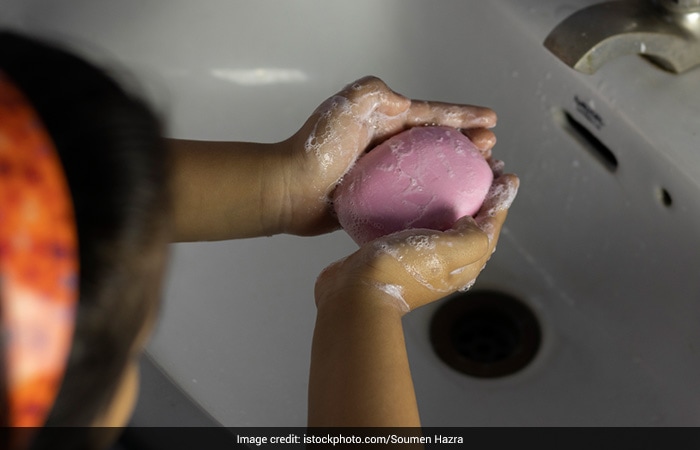
Adopt Novel Soap Technology
Abhishek Sharma, Senior Research Manager, Sambodhi Research & Communications, said, colorful and translucent soaps with toys embedded at the centre have been clinical tested to improve handwashing practice among children by making it fun and goal-oriented. These soaps are usually smaller in size than normal bars. Washing hands while the toy is visible, incentivises children to wash their hands at regular intervals.
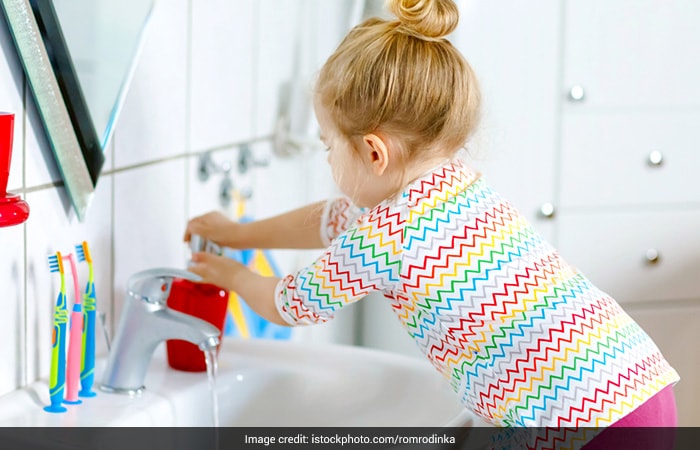
Provide Support To Children
Teaching and asking children to wash hands is the first step. To ensure children practice handwashing, parents, teachers and guardian need to provide them support in the form of reminding them to wash hands, assisting them, and ensuring the availability of right handwashing facilities.
Giving an example, Ms Muralidharan said, "Make sure children have access to child-friendly handwashing facilities, for example, wash basin. If the wash basin is at a great height, children won't be able to access it so ensure there is a stool for them on which they can comfortably stand and wash their hands."
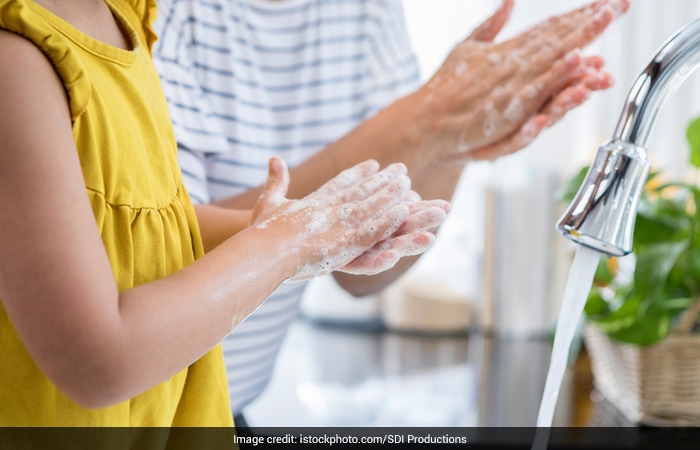
Adopt The Practice Yourself
Children often try to copy adults hence Dr Fazal Nabi, Director, Department of Pediatrics, Jaslok Hospital & Research Centre in Mumbai, suggests emulation is the best way to teach a kid. Dr Nabi believes that if everyone at home washes hands frequently, a kid is bound to learn and practice the same.
















